As more people seek independence from rising energy costs and unreliable grids, off-grid solar systems are becoming a popular alternative. Whether you're building a remote cabin, prepping for emergencies, or simply wanting to reduce your carbon footprint, going off-grid can offer true energy freedom. But how does it work—and is it right for you?
As more people seek independence from rising energy costs and unreliable grids, off-grid solar systems are becoming a popular alternative. Whether you're building a remote cabin, prepping for emergencies, or simply wanting to reduce your carbon footprint, going off-grid can offer true energy freedom. But how does it work—and is it right for you?
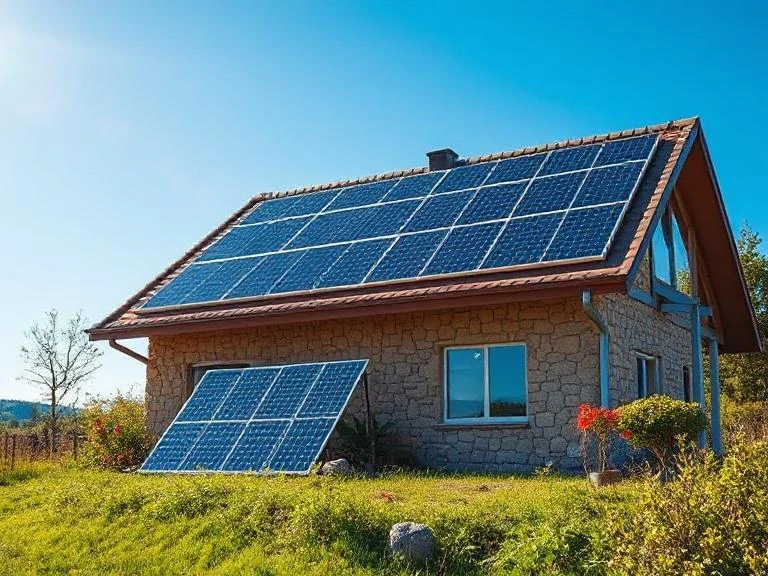
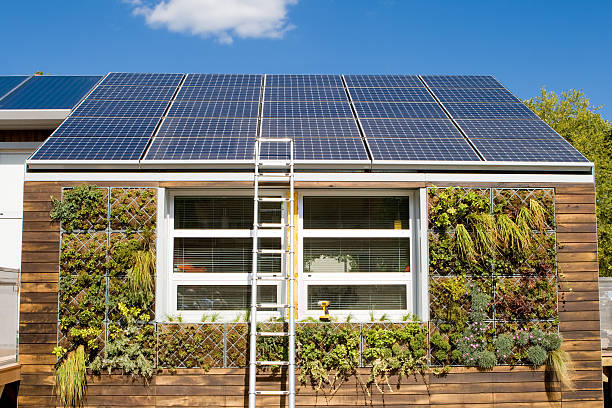

An off-grid solar system is a stand-alone power setup that generates electricity from the sun without relying on the main utility grid. It uses solar panels to capture sunlight, which is then converted and stored in batteries for use when needed.
Unlike grid-tied systems , which send excess power back to the electric grid (and draw from it at night or during cloudy days), off-grid systems are completely self-sufficient. They require enough storage and generation capacity to meet all your energy needs, day and night, year-round.
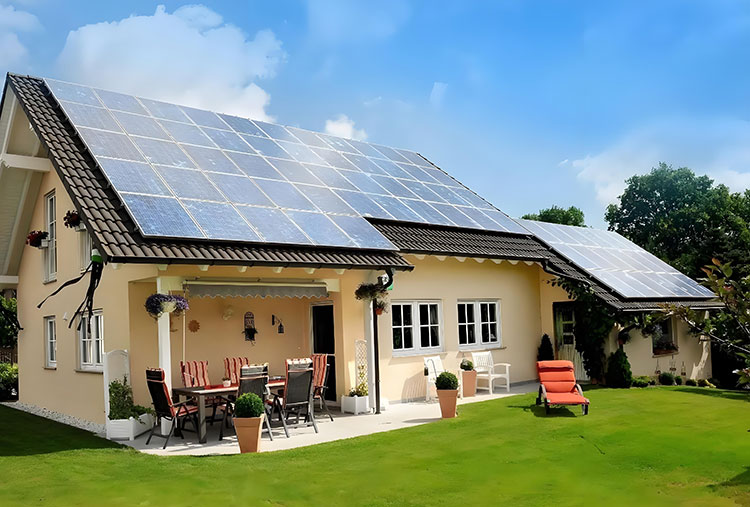
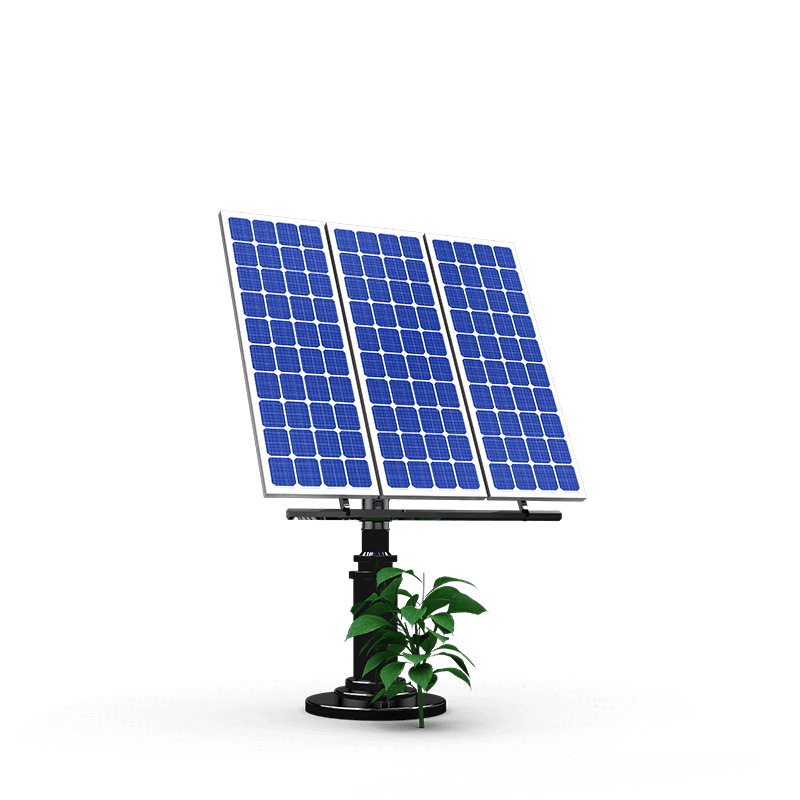
These are your power generators. Panels are mounted on rooftops or ground structures to capture sunlight and convert it into direct current (DC) electricity.
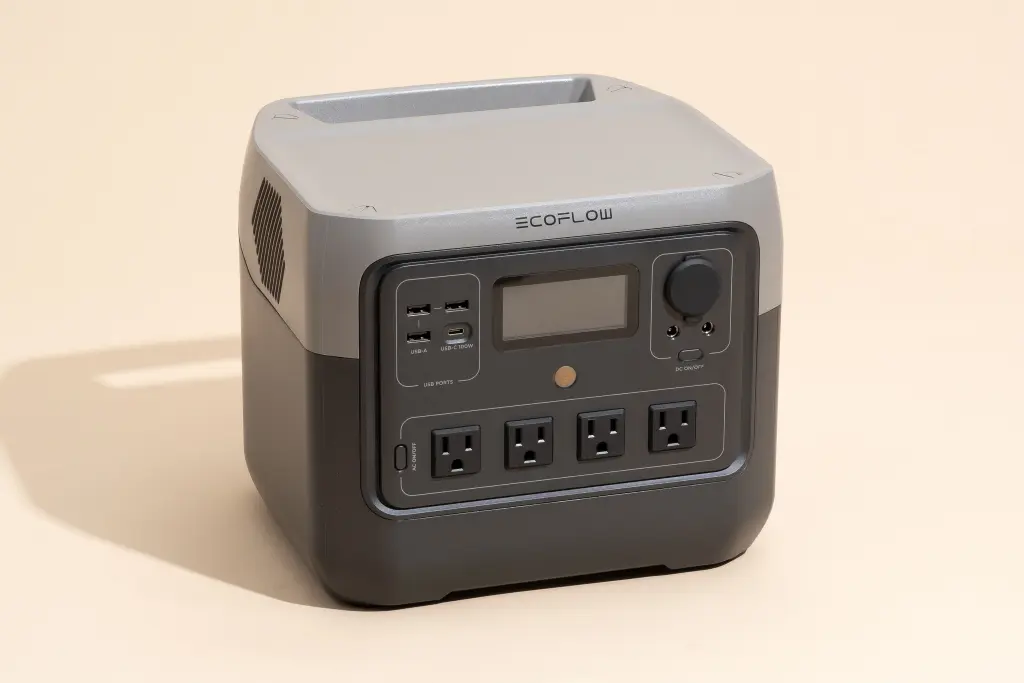
This regulates the voltage and current from the solar panels to prevent overcharging the batteries, which can reduce their lifespan.

The heart of the system, batteries store the solar power for use during nighttime or cloudy weather. Lithium-ion batteries are becoming increasingly popular for their efficiency and longevity.

Since most homes use alternating current (AC), the inverter converts the DC power stored in batteries into usable AC electricity.

Many off-grid systems include a diesel or propane generator for emergency backup during long periods of poor weather.
Off-grid systems often require a larger investment due to batteries and storage systems.
Learn moreYou must carefully monitor and adjust usage, especially during winter or cloudy periods.
Learn moreBatteries and backup generators need regular upkeep to remain efficient and safe.
Learn moreIf you're motivated by sustainability, want energy independence, or live in a location where grid access is unreliable or unavailable, an off-grid system can be an excellent solution. However, it's crucial to assess your energy needs carefully and work with a qualified installer to design a system that fits your lifestyle.


Off-grid solar systems represent a step toward a more independent, resilient, and sustainable future. With proper planning and investment, you can power your life with the sun—no strings (or wires) attached.